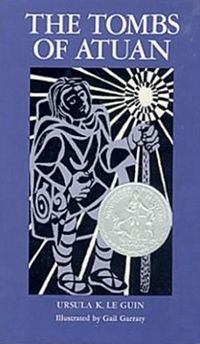we left madras on june 21st, 1977, on thepanamanian-registered japanese cargo ship tsimtsum. herofficers were japanese, her crew was taiwanese, and she waslarge and impressive. on our last day in pondicherry i saidgoodbye to mamaji, to mr. and mr. kumar, to all my friendsand even to many strangers. mother was apparelled in herfinest sari. her long tress, artfully folded back and attached tothe back of her head, was adorned with a garland of freshjasmine flowers. she looked beautiful. and sad. for she wasleaving india, india of the heat and monsoons, of rice fieldsand the cauvery river, of coastlines and stone temples, ofbullock carts and colourful trucks, of friends and knownshopkeepers, of nehru street and goubert salai, of this andthat, india so familiar to her and loved by her. while her men– i fancied myself one already, though i was only sixteen –were in a hurry to get going, were winnipeggers at heartalready, she lingered.
the day before our departure she pointed at a cigarettewallah and earnestly asked, "should we get a pack or two?"father replied, "they have tobacco in canada. and why doyou want to buy cigarettes? we don't smoke."yes, they have tobacco in canada – but do they have goldflake cigarettes? do they have arun ice cream? are thebicycles heroes? are the televisions onidas? are the carsambassadors? are the bookshops higginbothams‘? such, isuspect, were the questions that swirled in mother's mind asshe contemplated buying cigarettes.
animals were sedated, cages were loaded and secured, feedwas stored, bunks were assigned, lines were tossed, andwhistles were blown. as the ship was worked out of the dockand piloted out to sea, i wildly waved goodbye to india. thesun was shining, the breeze was steady, and seagulls shriekedin the air above us. i was terribly excited.
things didn't turn out the way they were supposed to, butwhat can you do? you must take life the way it comes at youand make the best of it.
